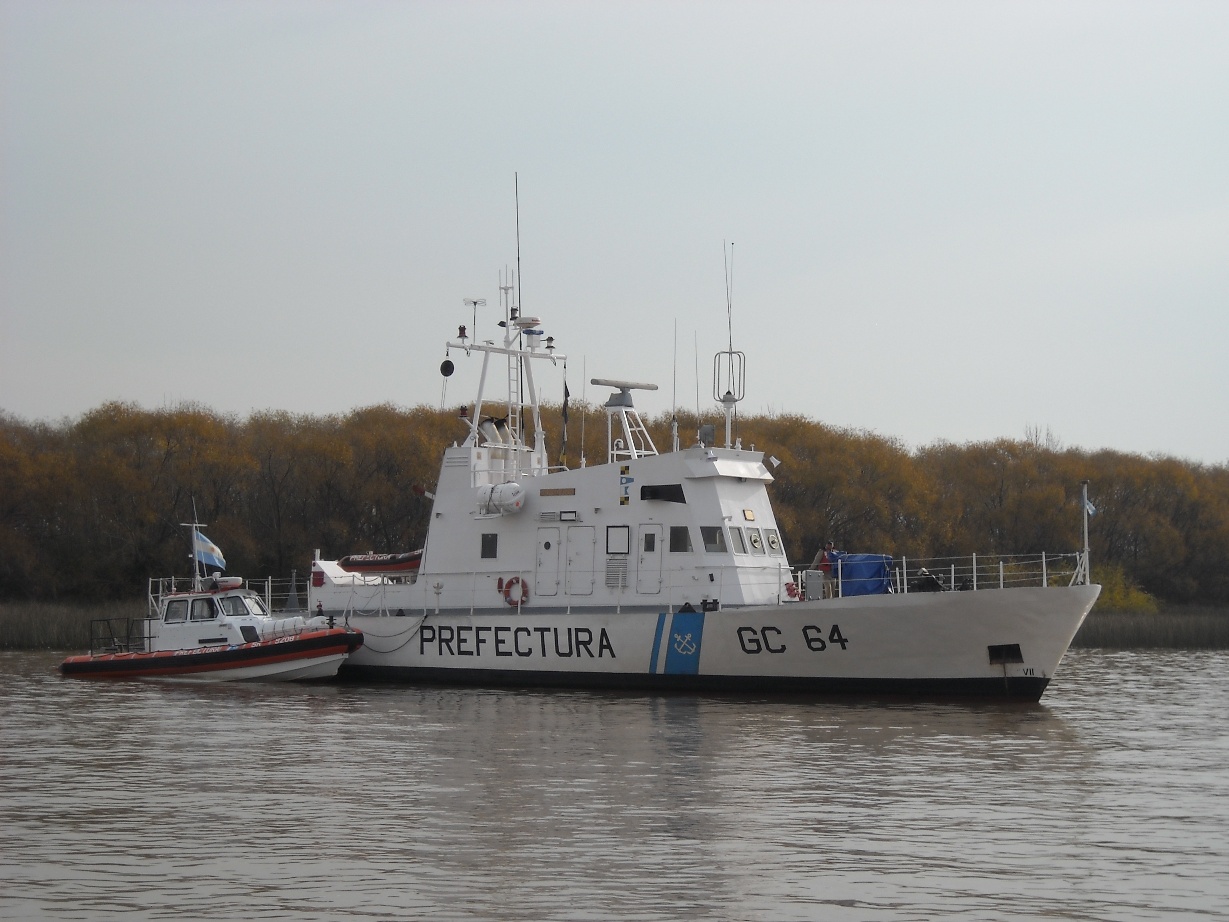


The National Executive Branch approved the Maritime, River, and Lake Navigation Regime (REGINAVE), established by Decree 37/2025, which has been in force since January 2025.
The new regime aims to modernize and deregulate the maritime and river sectors, reducing costs and bureaucracy, thereby providing the sector with greater dynamism, simplicity, and operational efficiency. This initiative seeks to stimulate economic activity and reposition Argentina as a regional leader in competitiveness and efficiency.
The following sections outline the most significant modifications introduced by the REGINAVE:
The new regime recognizes fundamental principles of economic and contractual freedom, empowering stakeholders to operate with greater autonomy. Key provisions include:
→ Digitalization of procedures, simplifying the navigation-related paperwork and eliminating unnecessary administrative barriers.
→ Freedom of contract principles, allowing for greater flexibility in agreements within the maritime and river sectors.
→ Personnel control limitations, restricting oversight to security-related matters only.
These changes are designed to reduce administrative burdens and enhance the ease of doing business within the sector.
The new REGINAVE establishes the national validity of Prefecture authorizations, eliminating the need for separate approvals for each navigation zone. This unification streamlines processes, reduces redundancy, and ensures a more efficient regulatory framework for operators.
The regime introduces greater flexibility in the certification of safety standards, particularly by incorporating the standards and certifications of Recognized Organizations and Classification Societies that are members of the International Association of Classification Societies (IACS). The new framework provides:
→ Shipowners with more options for certifying their safety conditions.
→ Smaller vessels may now be certified by licensed engineers, while other vessels can be certified by private classification societies, reducing both costs and the regulatory burden.
→ Acceptance of safety devices approved by classification societies, which will lower the cost of navigation-related inputs, providing savings of up to one-third on certain items that were previously limited to local producers.
The regime also introduces changes aimed at enhancing operational flexibility:
→ Elimination of the obligation to hire night watchmen, allowing businesses to reduce personnel-related costs, through the amendment of Section 2, Chapter II, Title II of the Annex ‘Regulation of the Port Security Regime’ of Decree No. 890 of April 25, 1980.
→ Limited need for “baqueanos” (local guides), restricting their requirement to only specific vessel types, further simplifying operations.
For vessels under 100 tons, a simplified regime for construction and certification has been introduced. This regime offers several advantages:
→ Streamlined certification processes, with the possibility of extending these provisions to larger vessels in the future.
→ Certification can now be carried out by professionals in the field, eliminating bureaucratic hurdles and enabling a more efficient process for smaller operators.
The new regime also includes significant reforms to the recreational boating sector:
→ Decentralization of license issuance, allowing nautical federations to issue recreational boating licenses, improving accessibility and efficiency.
→ Extension of permit validity to 10 years, simplifying renewals and reducing administrative costs.
→ Authorization for commercial activities with recreational boats, encouraging the development of new markets and businesses in the sector.
Streamlining of vessel registration and transfer procedures, which now take only a few days, compared to the previous months-long process:
→ Elimination of state permission for vessel registration or deregistration, reducing paperwork and streamlining the transfer process.
→ The requirement for debt clearance from state agencies during vessel transfers has also been removed.
In the areas of professional diving and oil exploitation, REGINAVE introduces the following measures:
→ International certifications for professional diving are now valid without the need for approval from the Prefecture, enhancing global mobility and reducing redundant regulatory processes.
→ International certifications for dispersants used in oil exploitation are recognized, eliminating the need for approval from the National Oil and Gas Administration (PNA).
Conclusion
The new Maritime, River, and Lake Navigation Regime (REGINAVE) is designed to enhance the efficiency and competitiveness of Argentina’s maritime and river sectors. By modernizing regulatory frameworks, simplifying processes, and reducing costs, REGINAVE aims to foster economic growth, improve safety standards, and ensure environmental protection in line with national and international trade requirements. These reforms are expected to benefit both the public and private sectors by creating a more streamlined, flexible, and competitive regulatory environment.
The team of IT&L
This publication is for informational purposes only. For further information or legal advice, please do not hesitate to contact us.